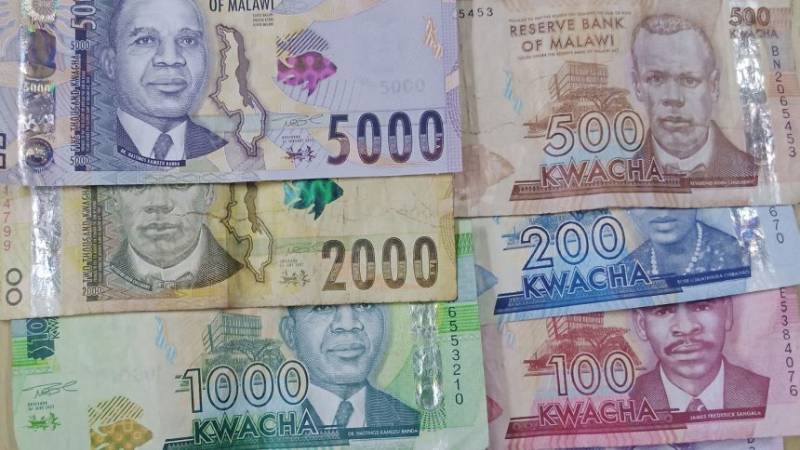
Introduction to Malawi:
Welcome to Malawi, affectionately known as "The Warm Heart of Africa" for its hospitable people and breathtaking landscapes. Situated in Southern Africa, Malawi is a landlocked country bordered by Zambia, Tanzania, and Mozambique. Let's delve into some key facts and fascinating insights about this hidden gem.
Geography and Culture:
Malawi spans approximately 118,000 square kilometers and is renowned for its stunning landscapes, including Lake Malawi, the third largest lake in Africa. Its diverse terrain offers everything from wildlife safaris and mountain hiking to tranquil beach getaways. The country boasts a rich cultural heritage, with English as its official language and Chichewa as the national language.
Visa Requirements:
While a visa is required for most nationalities to enter Malawi, the government has recently removed visa requirements for 79 countries worldwide. This initiative aims to boost tourism and simplify entry procedures for visitors. Ensure you have a valid passport and check the Malawi Department of Immigration website for the latest visa information.
Currency and Banking:
The local currency in Malawi is the Malawian Kwacha (MWK). ATMs and banks are available, and major currencies such as US dollars and euros are widely accepted. However, it's advisable to carry cash for visa fees, shopping at local markets, and visiting remote locations.
Climate and Weather:
Malawi has a subtropical climate with distinct wet and dry seasons. The rainy season typically lasts from mid-November to April, while the dry season extends from mid-May to mid-August. The climate varies across the country, offering diverse experiences throughout the year.
Safety and Security:
According to the World Economic Forum, Malawi is considered one of the safest countries in Africa. Visitors can explore the country with peace of mind, enjoying its natural beauty and warm hospitality. However, it's always prudent to exercise caution and follow local guidelines.
Cultural Symbols and Heritage:
Malawi's flag, adopted in 1964 upon gaining independence from the British, holds deep significance. The black stripe represents the people, red symbolizes sacrifices for freedom, green portrays fertile land, and the rising sun embodies hope. Remarkably, the 31 rays denote Malawi's position as the 31st African nation to gain independence. Additionally, the country honors Dr. David Livingstone, an esteemed explorer and abolitionist, with landmarks like Livingstonia town in the north and Blantyre city in the south, named after his birthplace in Scotland.
UNESCO World Heritage Sites:
Malawi proudly hosts two UNESCO World Heritage Sites: Lake Malawi National Park and Chongoni Rock Art. Lake Malawi National Park gained its UNESCO status in 1984, home to over 1000 cichlid species, most found nowhere else. Meanwhile, Chongoni Rock Art, added in 2006, boasts 127 sites celebrated for their extensive rock art collection, reflecting Central African culture. These sites highlight Malawi's biodiversity and cultural legacy, attracting global travelers.
Natural Wonders:
Lake Malawi, often referred to as the "calendar lake," is a breathtaking natural wonder that covers about 20% of Malawi's territory. Home to diverse freshwater fish species, including endemic cichlids, the lake offers unparalleled opportunities for diving and exploration. The Shire River, the lake's outflow, is renowned for its abundant wildlife, including hippos and Nile crocodiles.
As you embark on your journey to Malawi, prepare to be enchanted by its natural beauty, rich history, and warm hospitality. Whether you are exploring ancient rock art, diving into crystal-clear waters, or embarking on a safari adventure, Malawi promises amazing experiences for every traveler.
.JPG)